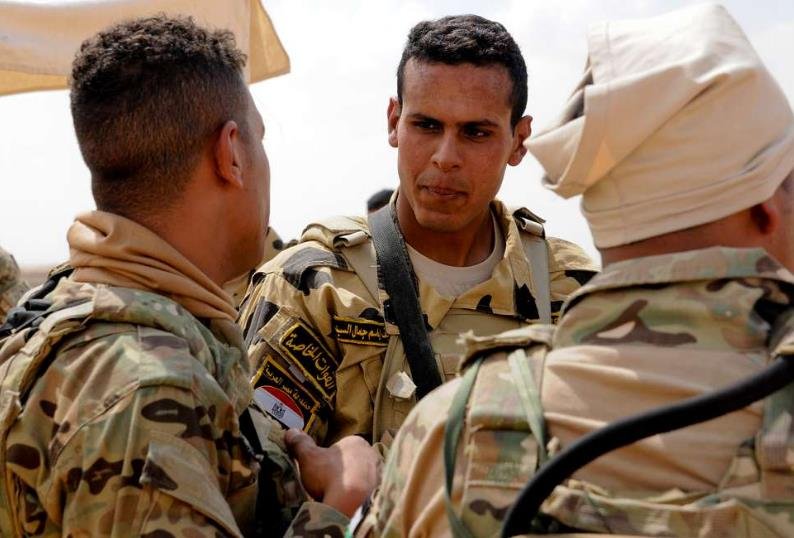Egypt has formally joined a coalition urging the United Nations to stop arms exports to Israel, citing fears these weapons may be used against Palestinians in occupied areas like East Jerusalem.
International Coalition Strengthens the Appeal
A significant group of 52 countries, alongside the Arab League and the Organization of Islamic Cooperation (OIC), have backed Egypt’s call. They addressed their concerns directly to the UN Secretary-General, the President of the Security Council, and the President of the General Assembly.
Egypt isn’t just a member; it’s a driving force behind the appeal. The nation has been tirelessly working to gather widespread support, engaging in numerous diplomatic discussions to ensure the message resonates globally. According to Egyptian officials, this move is crucial to apply pressure on Israel, urging it to cease what they describe as ongoing violations of international law and humanitarian rights within Palestinian territories.
- Immediate suspension of arms sales that could be utilized against Palestinian civilians.
- Adherence to international resolutions that condemn violence and protect human rights.
- Ensuring the safety and protection of Palestinians amidst the ongoing conflict.
These measures are seen as essential steps to address the persistent abuses and to safeguard the lives of those in the Palestinian regions.

Egypt’s Diplomatic Maneuvers and Strategic Efforts
Egypt has taken a proactive stance in this initiative. Beyond just endorsing the appeal, the country has been actively engaging with other nations to build a unified front. This involves both formal negotiations and informal discussions aimed at rallying as much support as possible.
One of the main objectives, as highlighted by Egyptian officials, is to create a collective international pressure that can influence Israel’s policies in the occupied territories. They argue that without such restrictions on arms exports, the cycle of violence is likely to continue, further endangering Palestinian lives.
Key Diplomatic Actions by Egypt:
- Hosting meetings with allied nations to discuss the appeal’s objectives.
- Coordinating with regional organizations to present a united stance.
- Utilizing diplomatic channels to advocate for immediate action at the UN.
These efforts reflect Egypt’s commitment to fostering peace and stability in the region, emphasizing the need for a coordinated international response to the ongoing conflict.
Impact on Regional Stability and International Relations
The call to halt arms exports to Israel is not just a standalone move; it has broader implications for regional stability and international relations. By advocating for this suspension, Egypt is signaling a desire for de-escalation and a push towards diplomatic solutions rather than military ones.
Potential Outcomes of the Appeal:
- Increased International Scrutiny: Israel may face greater examination regarding its arms purchases and usage in Palestinian territories.
- Shift in Arms Trade Dynamics: Other nations might reconsider their arms export policies to ensure they align with international humanitarian standards.
- Enhanced Palestinian Protection: With fewer arms available, there could be a reduction in the capacity for violence against Palestinian civilians.
Moreover, this appeal could set a precedent for how the international community addresses similar conflicts in the future, emphasizing the importance of responsible arms trade practices.
Challenges and Future Prospects
While the appeal has garnered substantial support, it also faces significant challenges. Israel is a key player in the Middle East, and its strategic alliances may complicate the implementation of a blanket suspension on arms exports. Additionally, ensuring compliance among the 52 supporting countries requires meticulous coordination and persistent diplomatic efforts.
However, the unified front presented by Egypt and its allies offers a glimmer of hope for meaningful change. If successful, this initiative could pave the way for more comprehensive peace talks and a reduction in violence, ultimately benefiting both Palestinians and the broader region.
